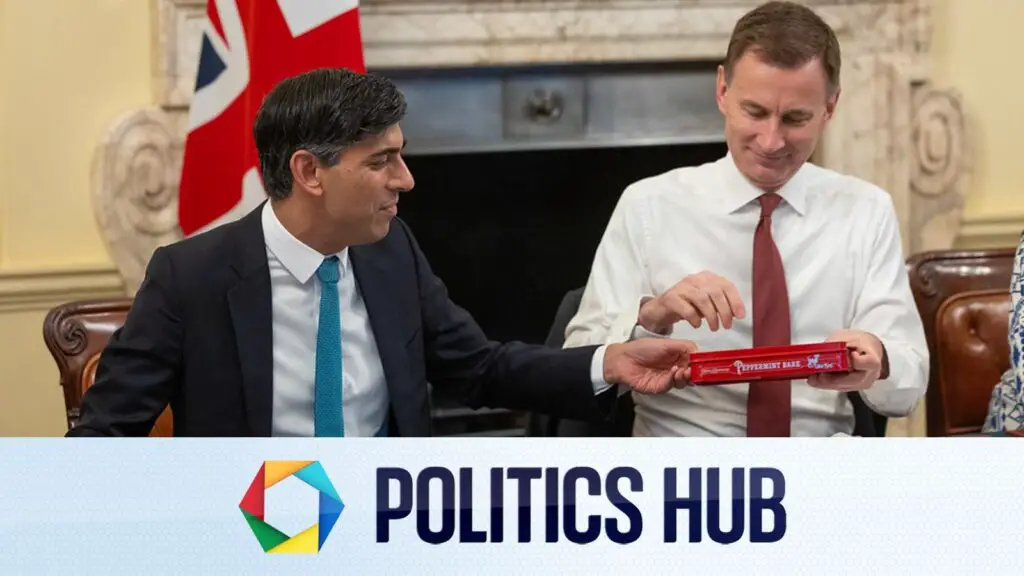In a recent analysis, it has been observed that the new guidance on transgender issues in schools and colleges could potentially lead to more questions than answers. The draft guidance provided by the government for educational institutions in England has raised concerns about the impact it may have on the existing practices and the level of discretion given to individual teachers.
The Impact on Gender Identity in Schools
The language used in the guidance seems to be stringent, but it may not bring about significant changes in the current situation. The interpretation of the guidance and its implementation will largely depend on the individual teachers.
Support for Social Transitioning
One of the crucial aspects addressed in the guidance is the support and treatment of children who are questioning their gender identity or wish to express themselves differently, known as social transitioning. The guidance suggests that schools are not under a general duty to permit social transitioning and can decline a request to use a different pronoun. The decision ultimately lies with the individual teacher, and there is no mandatory obligation to comply with such requests.
Parental Involvement and Consultation
The guidance emphasizes the involvement of parents in any decision-making process. While it is anticipated that parents should not be excluded from such discussions, there is ambiguity regarding when and to what extent their involvement is necessary. The decision to engage parents should be prioritized unless it poses a significant risk of harm to the child, which is deemed to be exceptionally rare.
Challenges and Considerations
The guidance also addresses the issue of access to single-sex spaces and competitive sports for transgender students. It suggests finding alternative arrangements for facilities designated for biological sex and maintaining fairness in competitive sports. However, the subjective nature of these decisions could lead to challenges in implementation and interpretation.
Reception and Concerns
While some educational institutions may welcome the guiding principles provided in the guidance, there are concerns raised by politicians, including former Prime Minister Liz Truss, who advocates for a complete ban on social transitioning in schools. The guidance, being non-statutory, might leave educators with more questions than answers, especially in navigating the complexities of the issues addressed.
For more information on the latest developments in transgender guidance, visit education.gov.uk.


